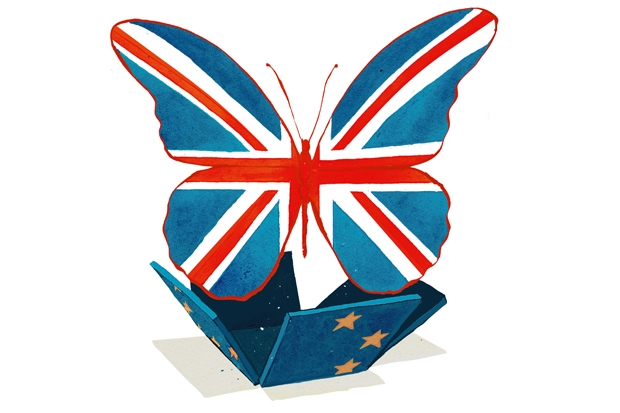In the greatest political upset of recent time, Britain has voted to leave the European Union. We are now in uncharted waters in both UK and EU politics.
The first question is what does David Cameron do? We can expect a statement from him later this morning. But the bigger question is how does the exit process work? We know that Vote Leave oppose triggering Article 50 immediately, beacuse they want to thrash out the outlines of a deal before doing that.
I suspect that the initial reaction in Brussels and other EU capitals will be shock and anger at the result. How long that takes to calm is key to whether this exit negotiation can be concluded successfully. There is also the question of whether the EU comes back with any kind of counter-offer, something that is unlikely but not impossible.
So, why did the UK vote to Leave? The simple answer is immigration. There is no doubt that this was the Remain campaign’s biggest weakness. In all of Cameron’s TV appearances, it was on immigration that he struggled. If he had got something on free movement in the renegotiation this referendum might have been very different. That Angela Merkel phone call to Cameron telling him not to challenge the principle of free movement was one of the most important in European history, and a historic error.
But, I think, there was something more subtle at play: a reckoning for the financial crisis. One of the reasons that the experts and bankers lined up to warn of the danger of leaving weren’t believed was that the public remembered that these people hadn’t warned of the crash that was coming.
The coming days will be dramatic. The markets had been expecting a Remain victory, so the pound is currently taking a walk. The FTSE will plunge too when it opens. Although, it should be noted that what happens immediately is not necessarily a guide to what will happen in the long term.
These results show that the United Kingdom is a deeply divided country. One of the great challenges for the Leave campaign, not helped by Nigel Farage’s swaggering Victory speech, is to find a way to bring the country back together.
This country can succeed outside the European Union, as The Spectator has argued. But doing so will require the UK to take the right policy course, showing that it remains an open country and wants to be one of the best places in the world to do business.







Comments